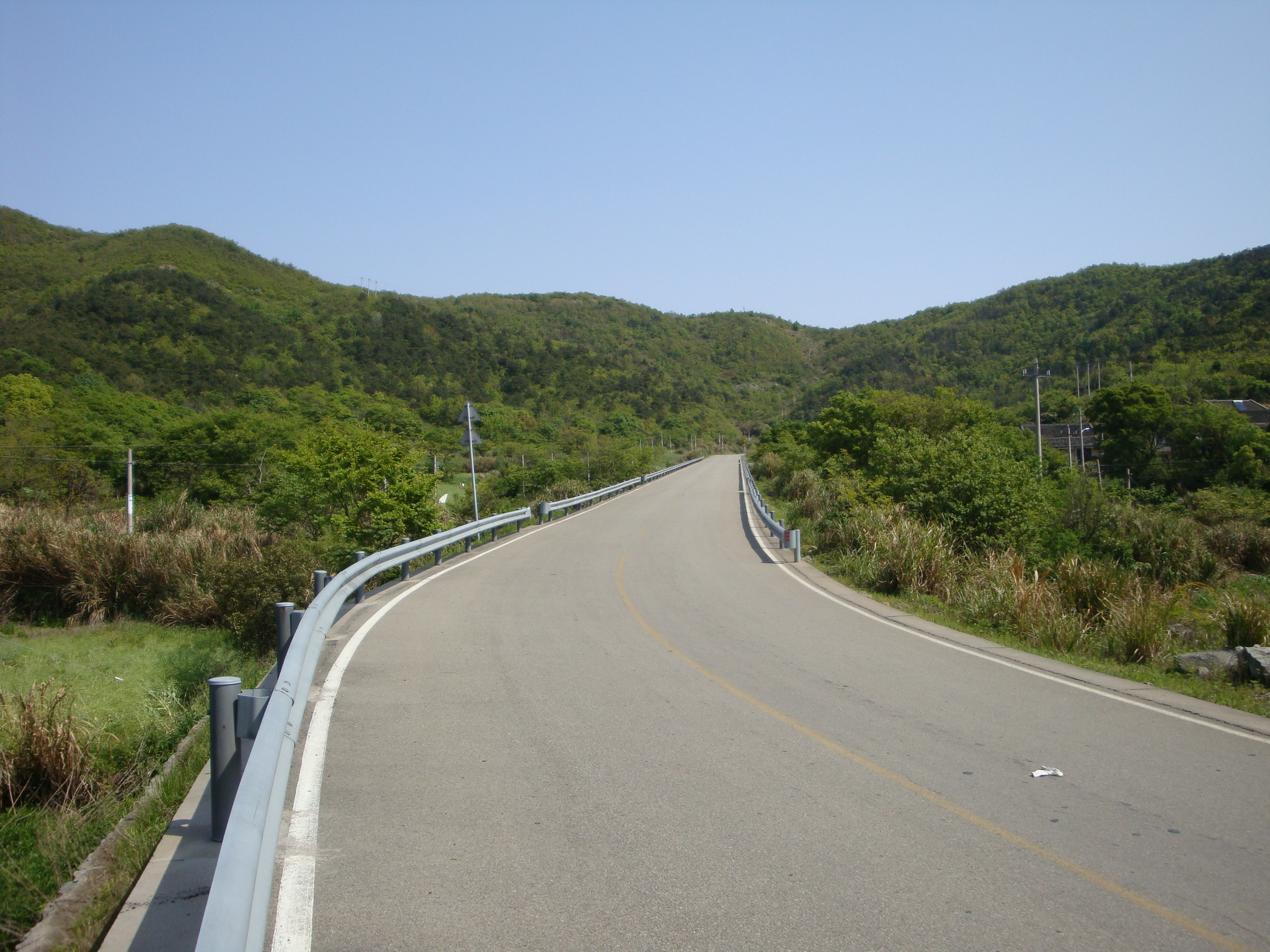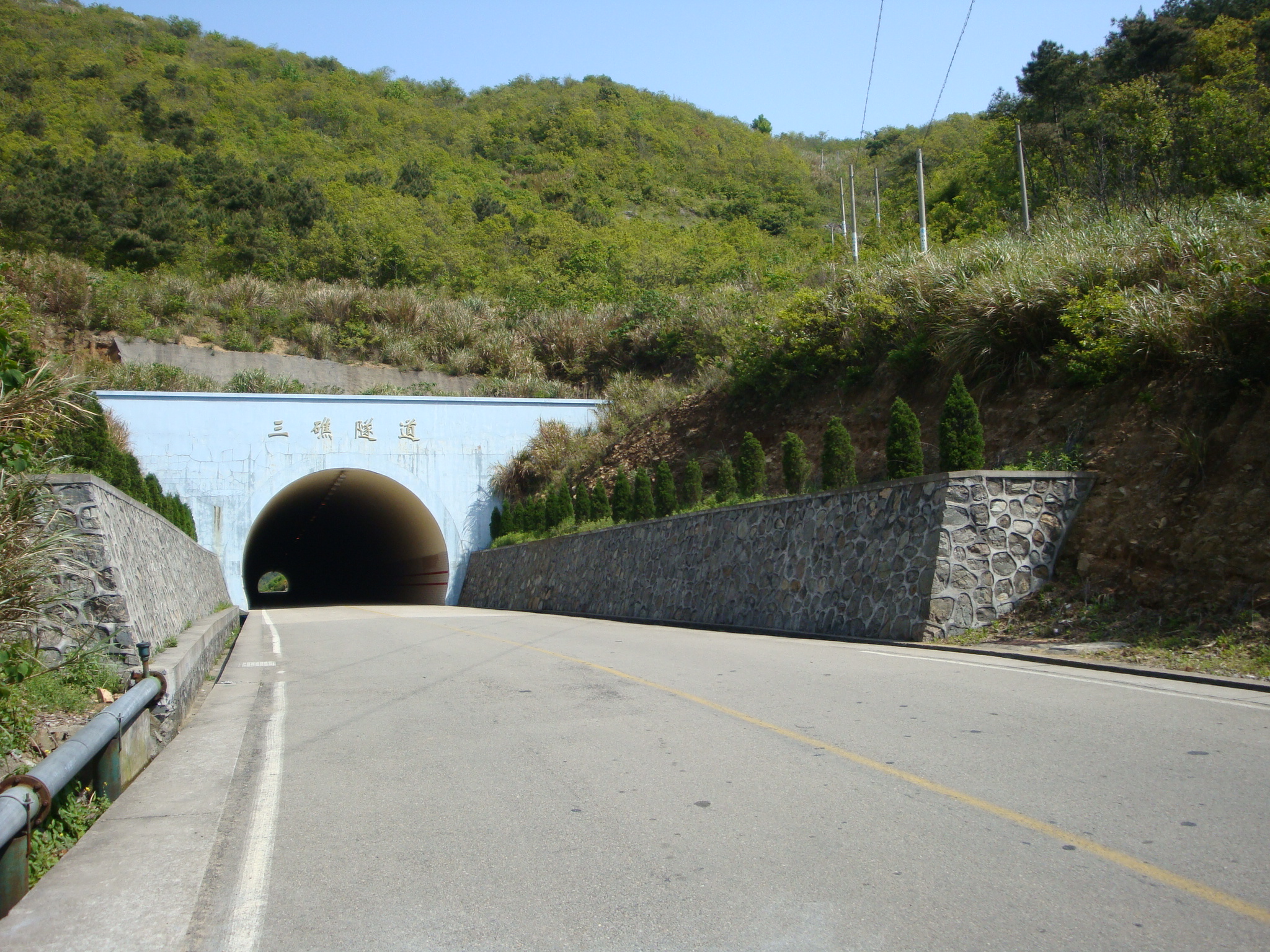🏝️ Stranded at Dinghai and My First Glimpse of Rural China
Weather, Tempers, and a Captain’s Wrath
The weather remained bad and the ferry service was suspended for another day. Our Filipino site manager, an ex-merchant navy captain who still carried himself like one, was furious. When he called the secretary to confirm the situation, he discovered the ferry wouldn’t resume for two days. The poor girl — a petite Chinese secretary — often bore the brunt of his temper. She was our interpreter, and he accused her of giving him the wrong forecast. Had he known earlier, he said, he would have delayed his return from Manila. His vacation had already been ruined by the weather, and now the delay only worsened his mood.
So I too remained stranded in Dinghai, waiting for the seas to calm.
A Beach Without People
A cab was waiting for me, and from the ferry station I was driven to a beachside resort. There I came upon something that astonished me: an enormous beach, stretching as far as the eye could see — completely vacant.
Yes, it was late January, bitterly cold, but still… not a soul in sight. No one relieving themselves behind the dunes, no couples stealing kisses, no fishermen, no loiterers, not even a policeman or a self-appointed “moral guardian.” The water of the creek was muddy but not foul, the breeze was fresh, and the view, scenic.
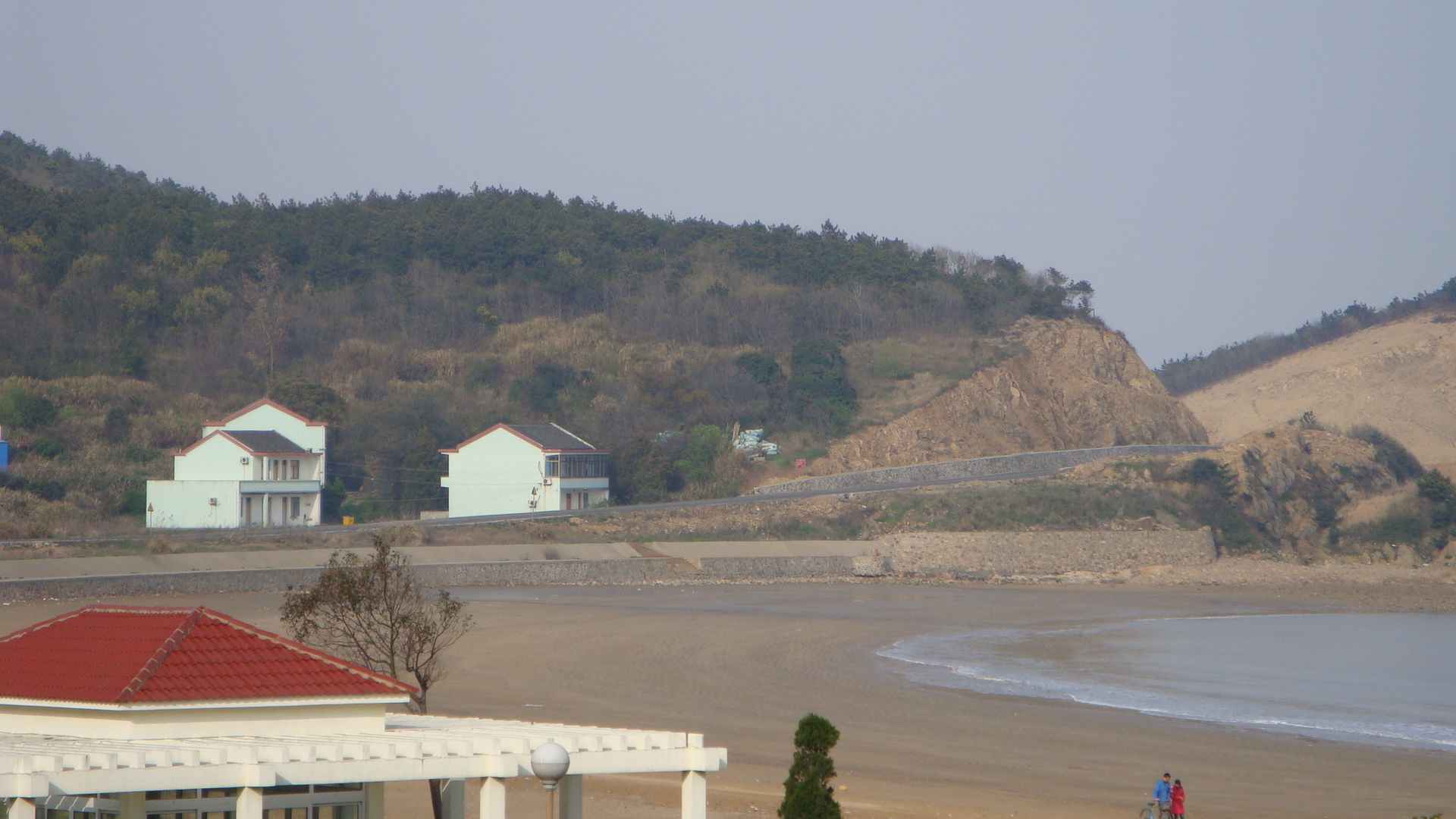
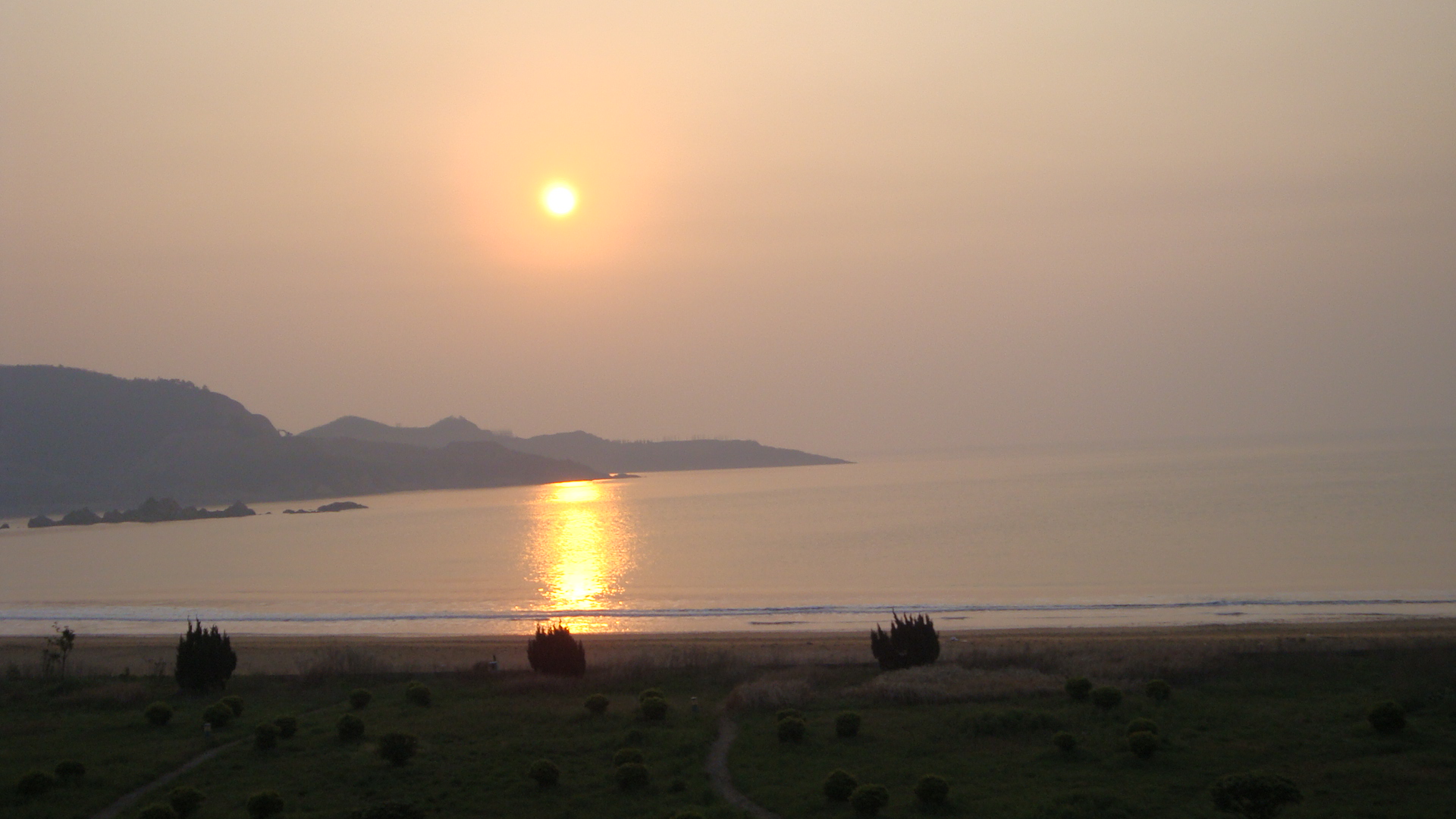
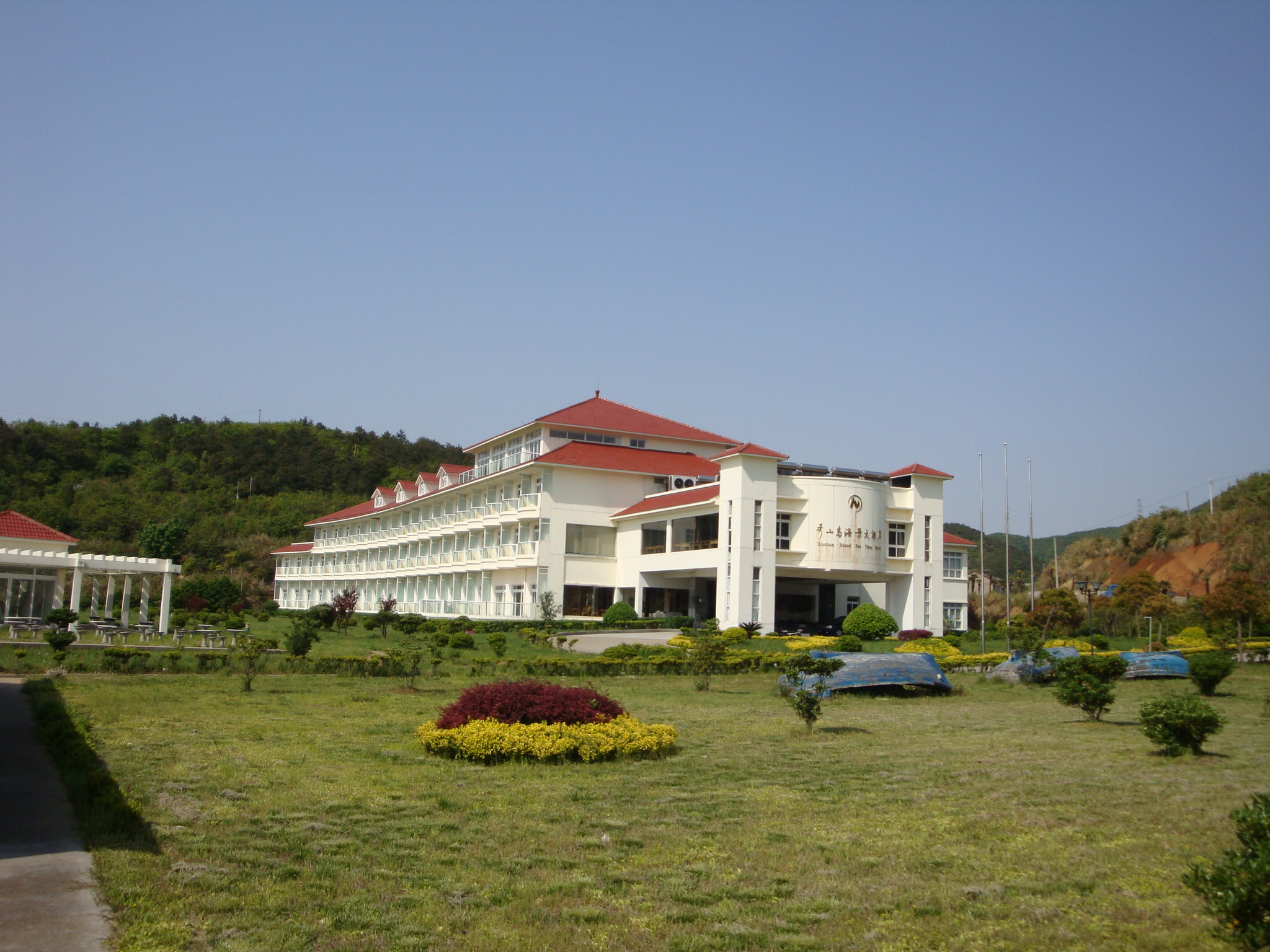
Hunger and Chopsticks
Dinner time in China, I soon discovered, was 6 p.m. sharp. The job I was hired for wouldn’t start until the shipyard reopened after the New Year break — another 4–5 days away.
Breakfast at the hotel was manageable. The spread qualified as a continental buffet: eggs cooked to order, toast, and covered chafing dishes whose contents I could at least guess at and sometimes dare to try.
But lunch and dinner were different. The main problem wasn’t just what to order, but how to order. And even when the food arrived, the only eating tools offered were chopsticks. I couldn’t manage them, and eating Chinese preparations with my hands wasn’t an option.
The site manager explained that during the New Year break, all shops would remain closed. “There’s only one market in the village,” he said. “It’s on the other side of the hill. You don’t need to ask anyone. All roads eventually lead there.”
Noodles, Coffee, and Survival
By evening, hunger gnawed at me, and the prospect of starving for days loomed large. So I ventured out on foot.
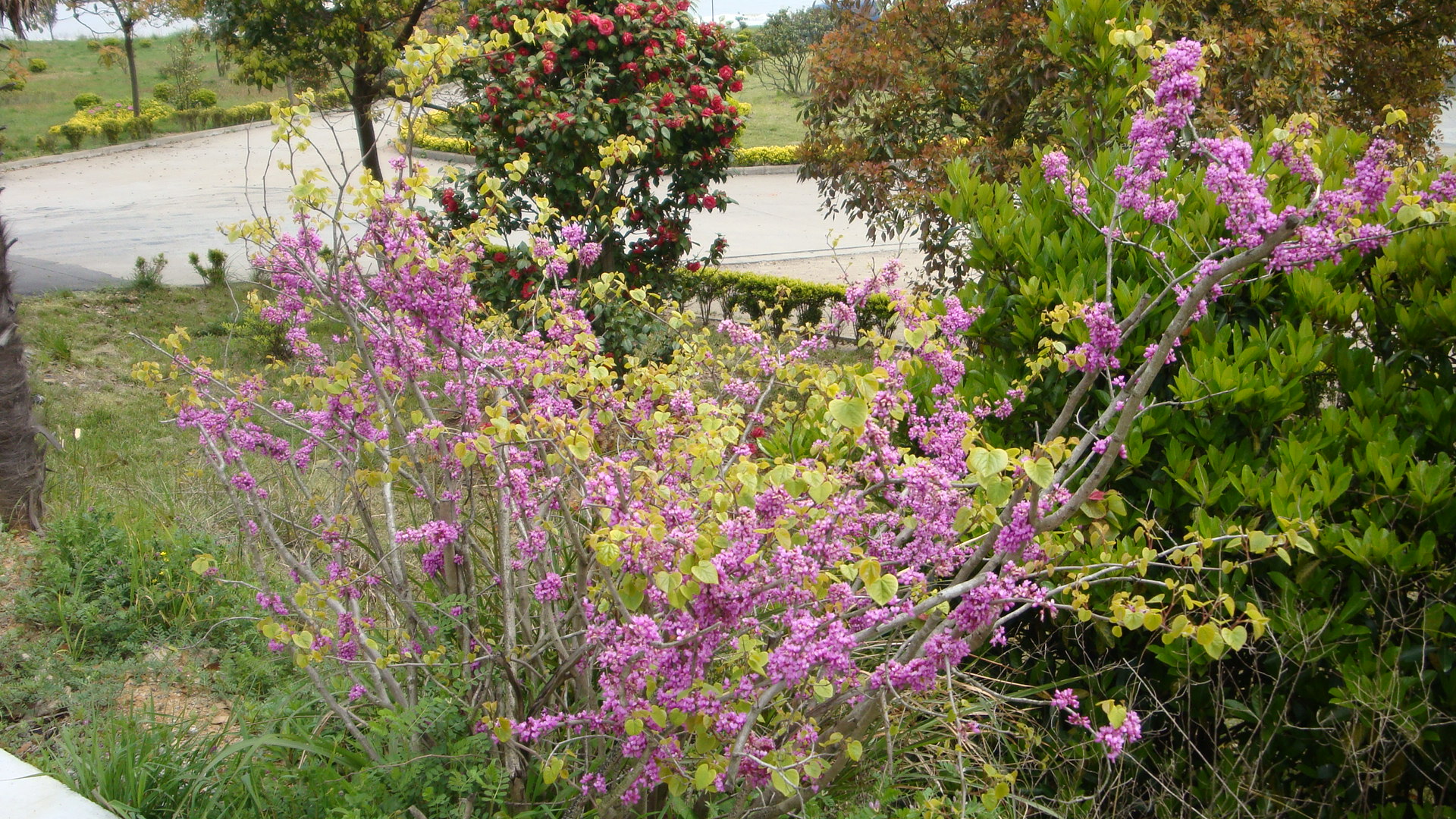
A gravel path led from the hotel to the tarmac road, where trucks sometimes rumbled past with building materials. Across the creek, I saw signs of a huge project underway — perhaps a shipyard or port carved out of a hillside — but because of the New Year, everything was silent.
Fortunately, I came upon a small house-front shop run by a lone woman. She sold packets of instant noodles. I knew them well — some years earlier I had tried them in Shanghai while working with an Indian site engineer. That man had, in fact, suggested I apply for this very line of work: supervising the construction of ships for foreign owners. This time the assignment was for ten vessels to be built at Xiushan shipyard.
All I needed for the noodles was hot water. Alongside, I bought sachets of instant coffee. That would see me through until the shipyard reopened. I was reassured: I wouldn’t starve.
Blossoms Before Leaves
Near the bend where the gravel path joined the road, I noticed a shrub budding with pink flowers — blossoms sprouting before any leaves appeared. I had never seen such a thing before. Later, I learned it was the Chinese redbud.
This was my first lesson: the Chinese countryside unfolded in ways that constantly surprised me. I decided I must buy a camera to let the pictures tell the story. Otherwise, this diary of mine would turn into nothing but an autobiographical essay.
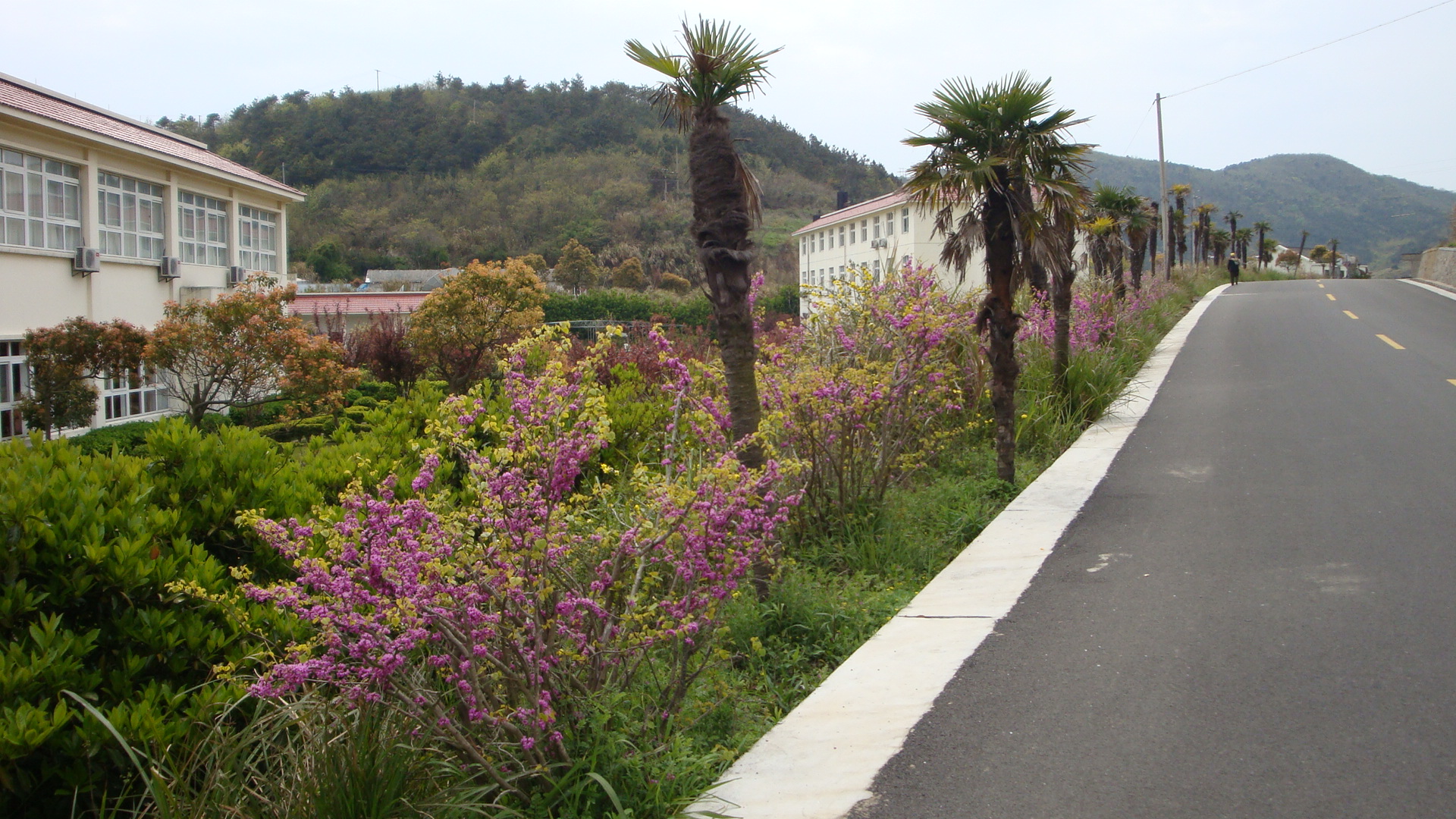
A Silent Village, A Lonely Walk
Buying that camera wasn’t easy. The village connected to Dinghai by boat, but only four trips were made each day, the last before sunset. No service at night. A late return meant staying over in town, with the extra expense of food and lodging.
But that problem was for later. For now, I explored the silent roads around my hotel. That night, it snowed. An imposing hill rose behind the hotel, looming like a planet of darkness. Nobody ventured out. The absence of people was eerie — no children playing, no sounds of conversation. So unlike the chaotic, noisy scenes of India, whether city, town, or village.
The next morning, after breakfast, I stepped out again. The snow still lay on the ground. At last, I saw some life: a few men huddled around a fire of twigs.
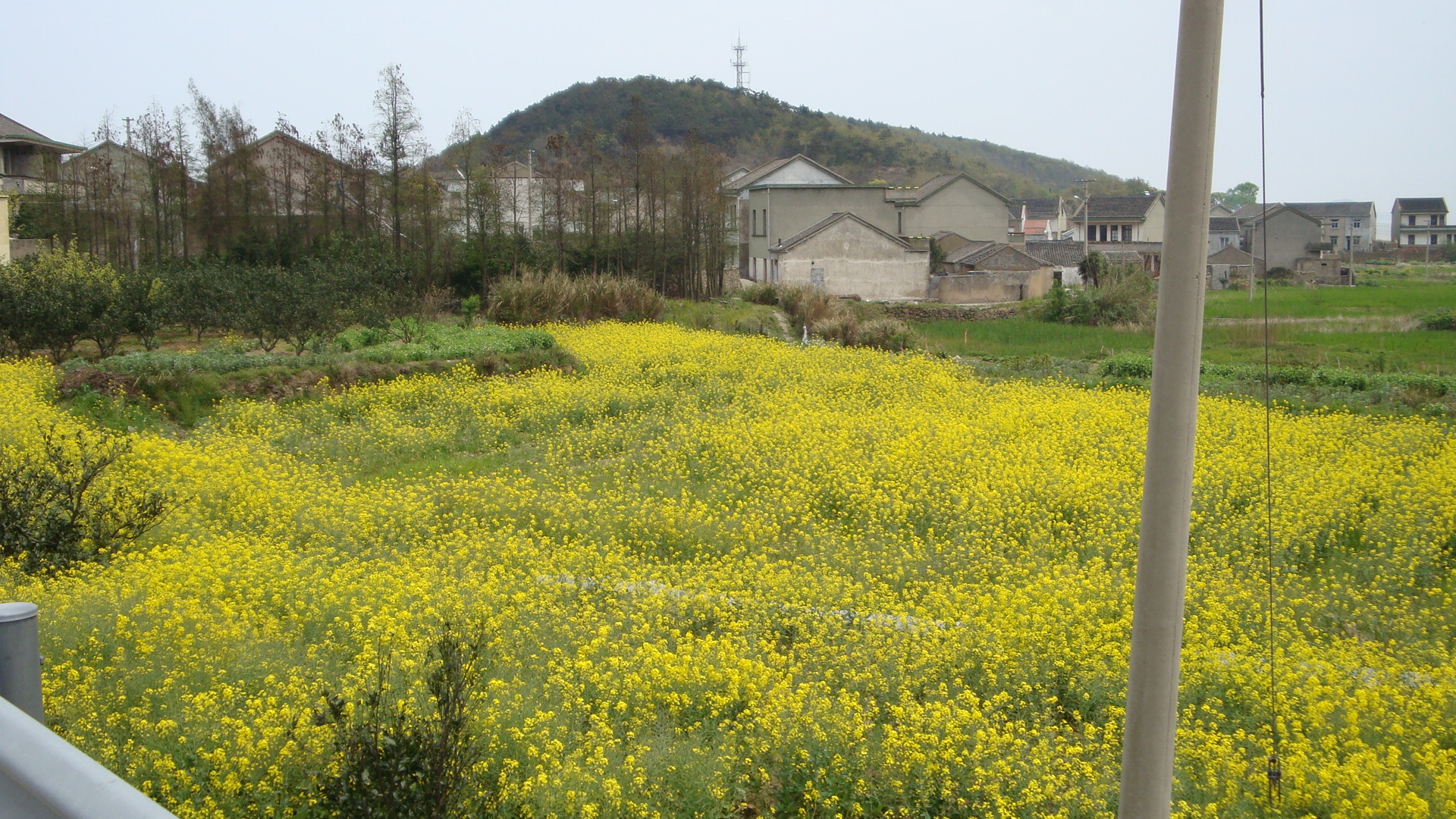
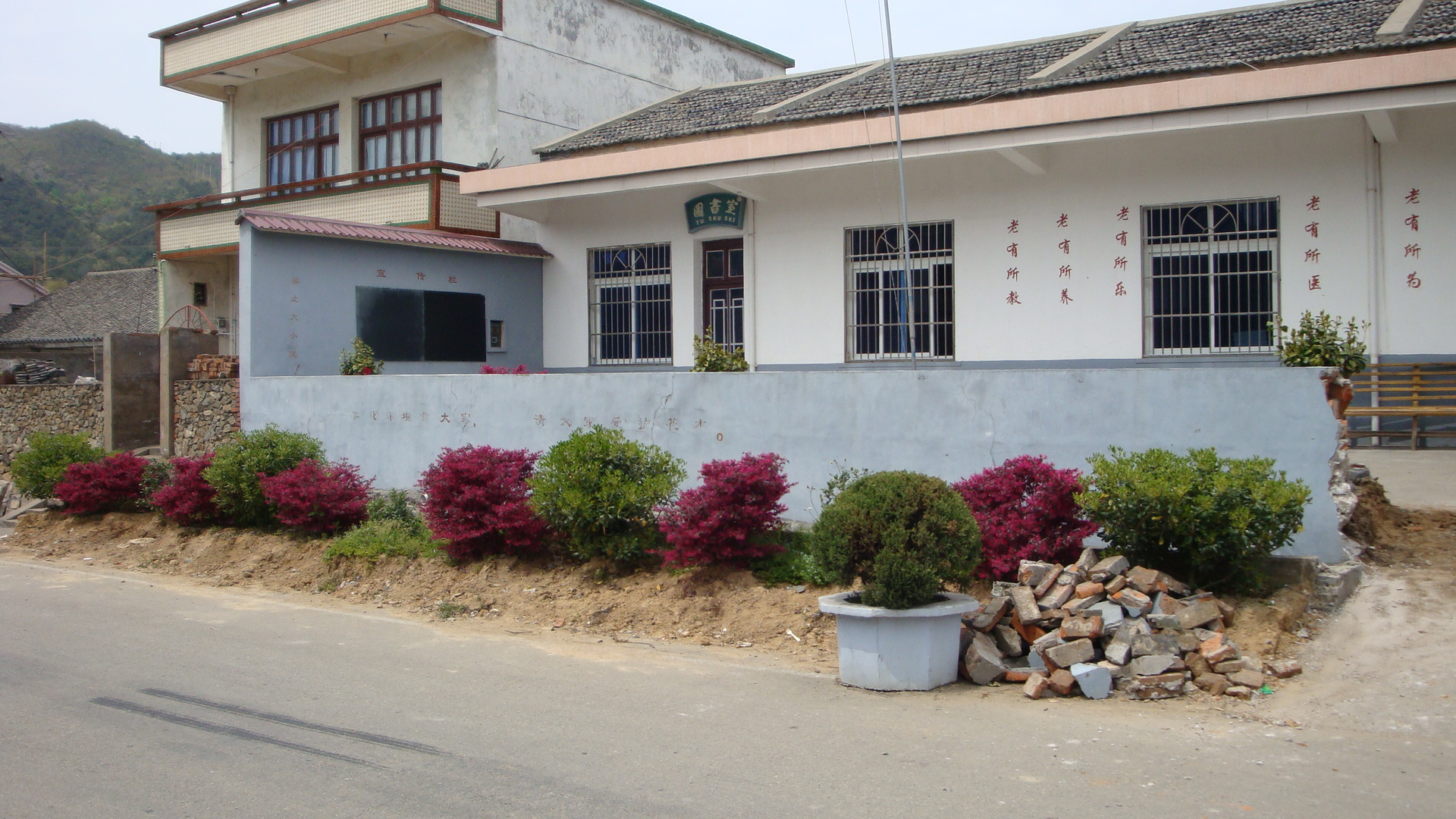
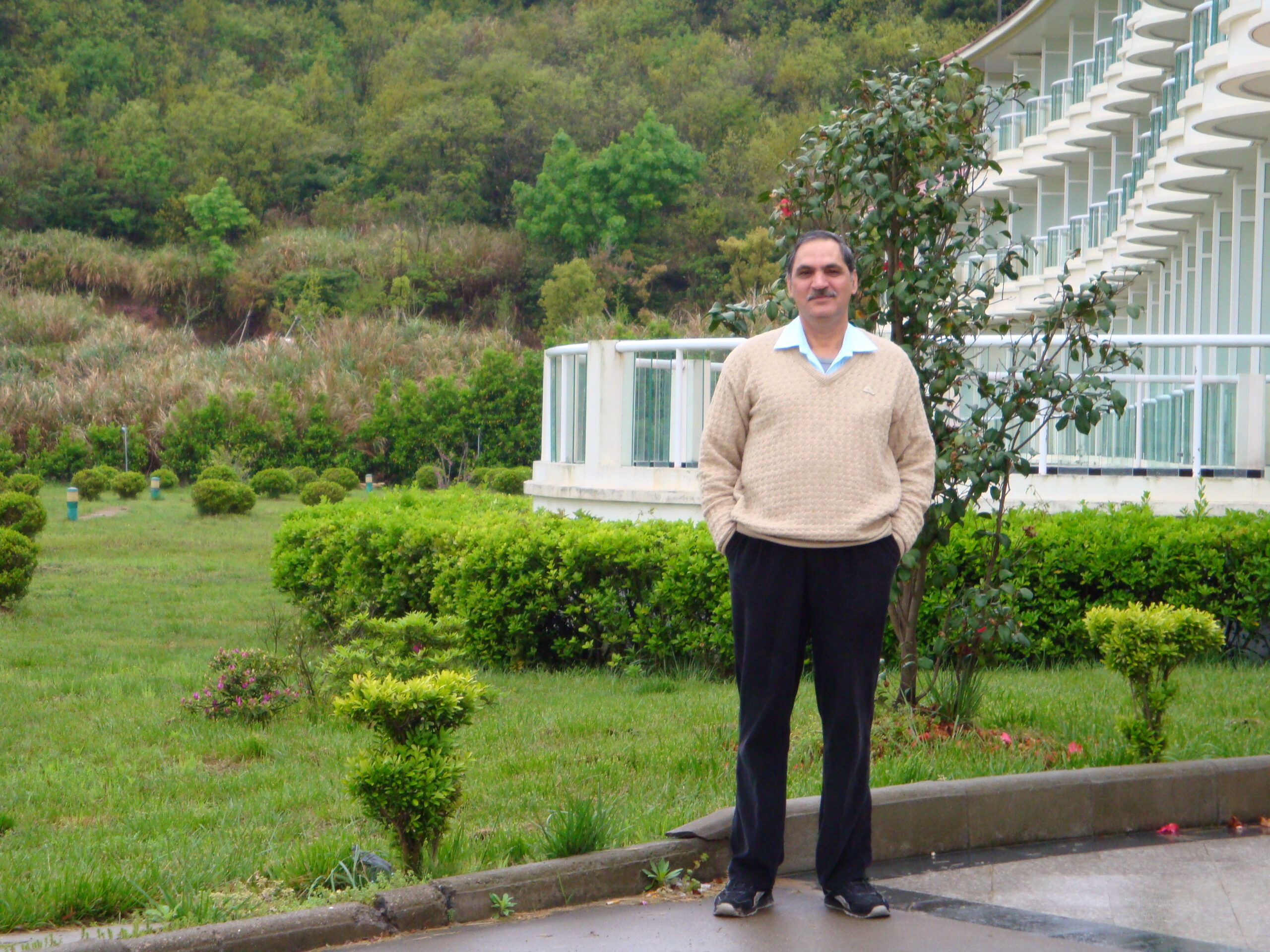
Exploring Further: The Tunnel and the Market
The site manager had told me: “Walk five kilometres in any direction and you’ll hit the sea.” With that in mind, I ventured toward the tunnel on the other side of the hotel, hoping to find the village market.
